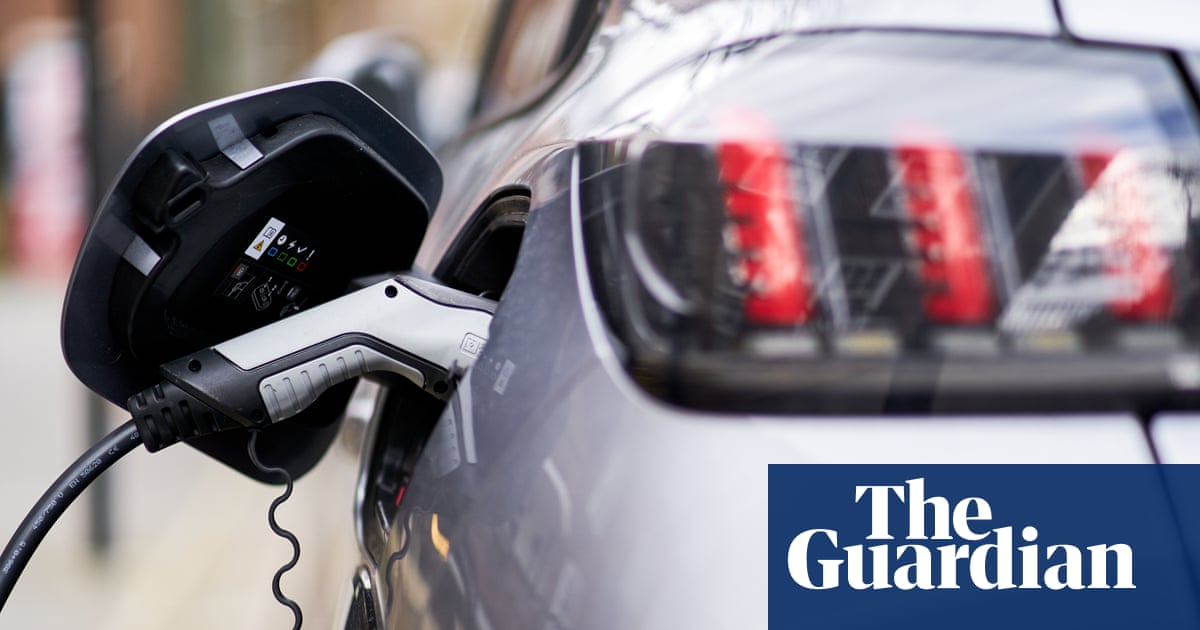
Western Europe Sees Unprecedented Growth in Electric Vehicle Registrations
A record-breaking 600,000 battery electric vehicles (BEVs) were registered in western Europe between April and June, marking major progress in the adoption of sustainable transportation. This surge comes as carmakers like Renault and Stellantis introduce more affordable BEV models, targeting price-sensitive buyers and accelerating the market shift from fossil fuel-powered vehicles.
Affordability and Accessibility Drive Consumer Interest
Traditionally seen as a luxury or corporate purchase, electric cars are now becoming accessible to private consumers, thanks to the development of smaller and more economical models. According to Matthias Schmidt, a Berlin-based automotive analyst, “Electric vehicles are becoming more affordable and more attractive to private consumers for the first time.” This shift is a significant milestone in moving lower-income buyers towards environmentally-friendly options.
Despite higher purchase prices compared to petrol vehicles, the long-term cost of ownership for BEVs remains significantly lower. To address upfront cost concerns, European brands like Citroën-owned Stellantis and Renault are rolling out budget-friendly models, aligning with EU regulations to reduce their fleet emissions.
Advancements in Charging Infrastructure Alleviate Range Anxiety
The expansion of Europe’s charging network is also reducing range anxiety – the fear of running out of power without access to charging stations. This has catalyzed adoption in southern Europe and further boosted quarterly sales. The upcoming release of September’s new license plates in the UK is expected to push BEV registrations beyond the 600,000 mark for the first time.
Chinese-Made EVs Gain Ground in Europe
Chinese manufacturers like BYD are capturing a growing share of the market, rivalling Tesla in global sales. With increased UK, Spain, and Italy-focused sales, BYD now accounts for one in ten EVs on European roads. However, EU tariffs of up to 35% on Chinese EVs, introduced in late 2024 after a year-long anti-subsidy investigation, could influence pricing and competitiveness in the future.
Government Initiatives to Fuel Further Growth
Additional momentum is expected from government programs like France’s social leasing scheme revival and the UK’s EV subsidy re-introduction. The UK initiative will provide up to £3,750 discounts for vehicles priced under £37,000, excluding premium models like Tesla and Chinese-made BYD cars.
With affordability improving and infrastructure scaling up, Europe is positioned for sustained growth in electric vehicle adoption, underscoring the region’s commitment to a greener automotive future.






